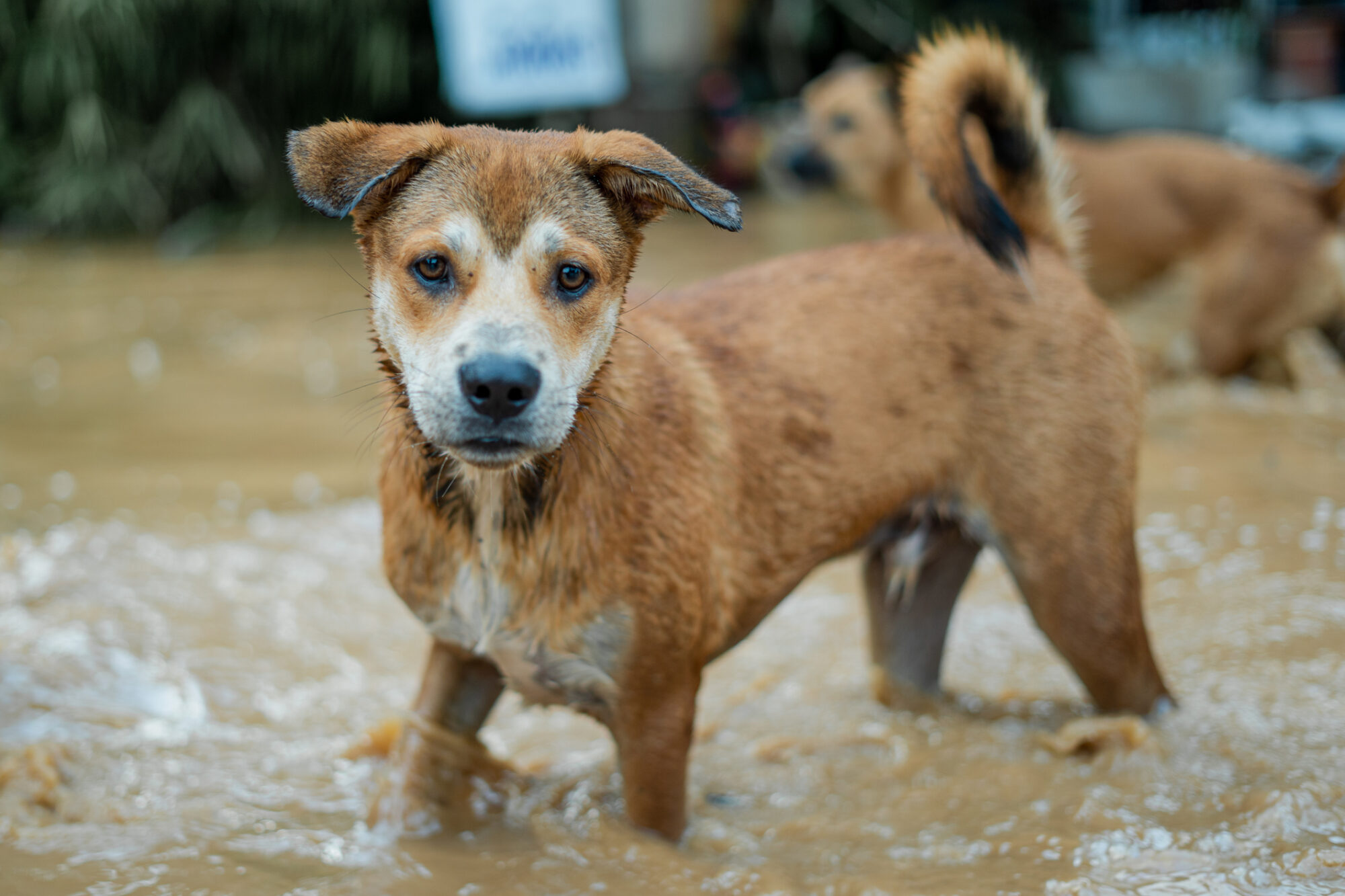Blog
Leptospirosis: A Serious Threat to Texas Dogs

Here in San Antonio, our pups are living their best lives—whether it’s a morning romp in the yard, a walk in the sunshine, or a muddy adventure after a summer rain. But while your dog is busy being delightfully dog-like, there’s a stealthy health threat lurking in some of their favorite spots: leptospirosis. At Ten West Bird and Animal Hospital, we think knowledge is powerful (and prevention is even better). Let’s talk about this dangerous bacterial infection and how to protect your four-legged best friend.
What Is Leptospirosis?
Leptospirosis is a disease caused by the Leptospira bacteria. It’s a zoonotic illness, which means it can affect both animals and humans. Dogs are particularly vulnerable when they come into contact with contaminated water, soil, or urine from infected wildlife like raccoons, deer, and rodents, which are common in our area.
This bacterial infection is more common during warm, wet months and can spread quickly, especially after flooding or heavy rain. Because Texas is no stranger to either, awareness is important.
How Do Dogs Get It?
Leptospirosis can sneak up on even the most pampered pooch. Dogs can pick up the bacteria in a variety of ways:
- Drinking from or swimming in puddles, ponds, or creeks
- Licking their paws after walking through contaminated areas
- Sniffing or licking infected urine
- Coming into contact with infected wildlife or their droppings
Even urban dogs who rarely leave the sidewalk can be at risk if infected wildlife visits your backyard.
Why Prevention Matters
The good news? Leptospirosis is preventable, and we’re all about prevention at Ten West Bird and Animal Hospital.
Here’s how to help protect your pup:
- Vaccinate: The leptospirosis vaccine is safe, effective, and part of a well-rounded wellness plan.
- Avoid standing water: Don’t let your dog drink from puddles or slow-moving creeks.
- Clean up your yard: Minimize wildlife visitors by storing pet food indoors and securing trash cans.
A proactive approach gives your dog the best shot at staying healthy—and gives you peace of mind. And really, what’s better than that?
Signs Your Dog Might Be Infected
Leptospirosis can range from mild to life-threatening and often mimics other illnesses. Watch for these symptoms:
- Lethargy or reluctance to move
- Loss of appetite
- Vomiting or diarrhea
- Fever
- Increased thirst and urination
- Jaundice (yellowing of the skin or eyes)
- Muscle tenderness or stiffness
Not every dog will show all these signs, but if you notice anything unusual, it’s better to be safe and call your vet. Left untreated, leptospirosis can lead to kidney or liver failure and even death.
How Leptospirosis Is Diagnosed and Treated
What happens if your vet suspects leptospirosis? First, don’t panic—this is where quick action and skillful care come into play. Diagnosis usually involves blood and urine tests to detect signs of the bacteria and how your dog’s kidneys and liver are functioning. If your pup tests positive, treatment often includes antibiotics, IV fluids, and supportive care.
Let’s Keep Texas Dogs Safe—Together
Our team is here to help your dog live a long, healthy life. We’re passionate about educating pet parents and providing the care your companion deserves. If you have questions about leptospirosis or want to schedule a vaccine appointment, give us a call at (210) 696-1700.
